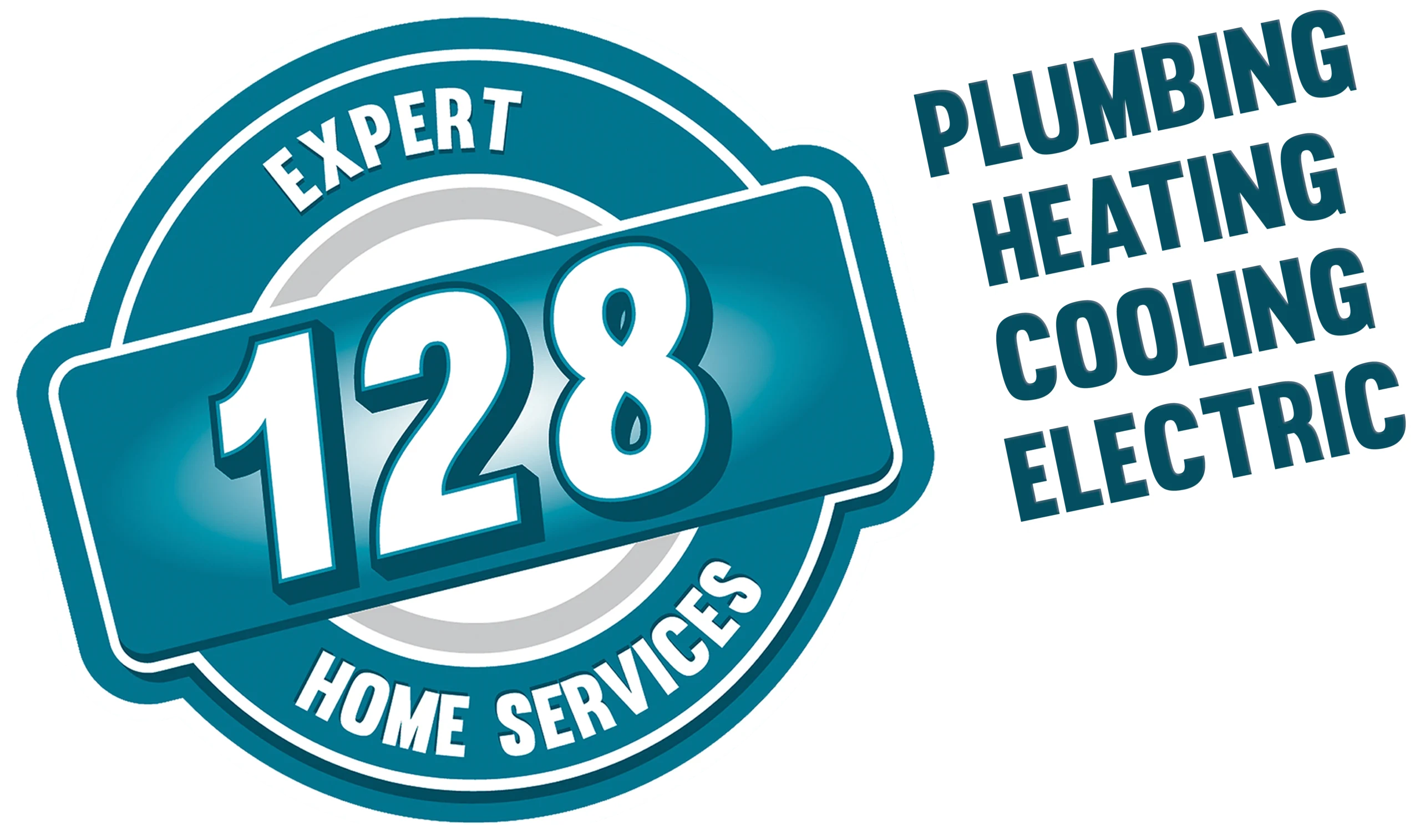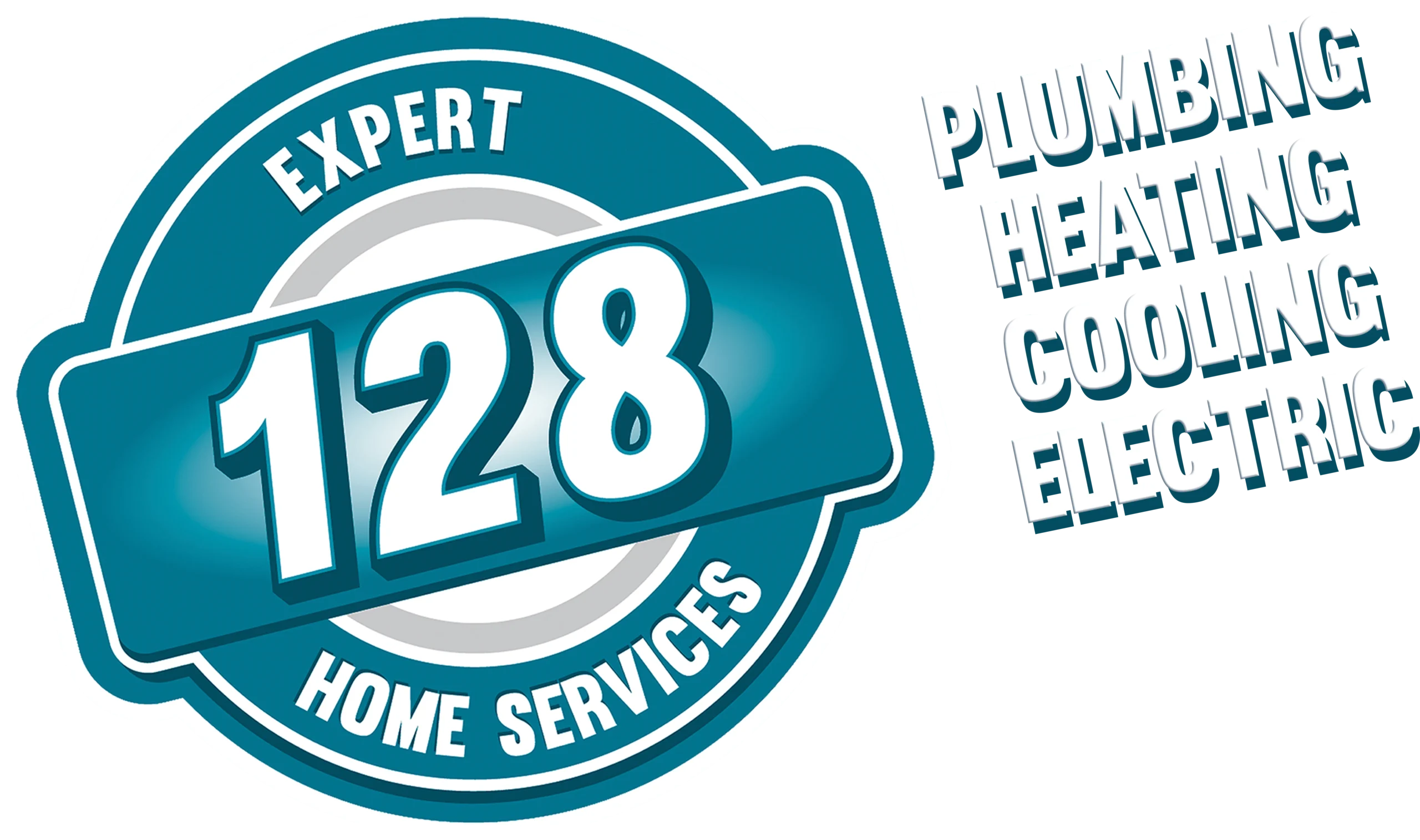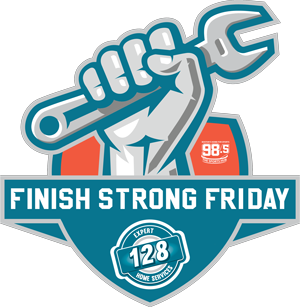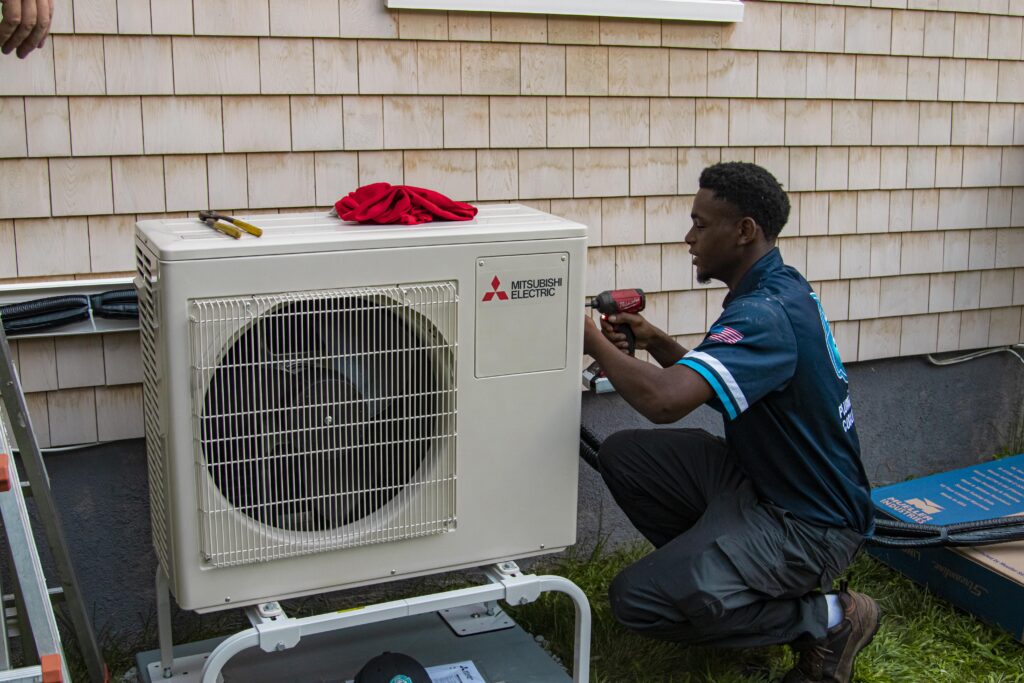
Your heat pump is a crucial component of your home’s comfort, and when it malfunctions, it can leave you shivering in the cold or sweltering in the heat. In this blog post, we’ll cover everything you need to know about heat pumps repair, from recognizing problems and the repair process to DIY repairs and preventative maintenance. By the end, you’ll be armed with the knowledge to keep your heat pump running smoothly and efficiently for years to come.
Key Takeaways
- Recognize heat pump problems and contact a professional for repair service.
- Regular maintenance can help maintain peak efficiency and lower energy costs.
- Consider age, breakdowns, performance, and estimated lifespan when deciding whether to replace or repair your system.
Recognizing Heat Pump Problems
Heat pump problems can manifest in various ways, such as strange noises or smells, high energy bills, and uneven temperatures throughout your home. Promptly addressing these issues can stave off further complications and uphold the efficiency of the heat pump.
With regular upkeep, the heat pump’s optimal functioning and energy efficiency can be ensured, thus extending its lifespan.
Strange Noises or Smells
Unusual noises or smells coming from your heat pump may indicate a malfunction, necessitating professional attention and proper maintenance. If you encounter any strange noises, odors, or cold air coming from your heat pump, it’s best to contact a professional HVAC technician for heat pump repair service.
A refrigerant leak in the outdoor unit, for example, may cause the heat pump to run continuously. You should contact an HVAC professional promptly if you suspect a refrigerant leak, as it can undermine the heat pump’s heat transfer efficiency.
High Energy Bills
If you notice a sudden spike in your energy bills, it could be a sign of an inefficient heat pump or central air conditioner, warranting a repair or replacement. Factors like:
- dirt
- dust
- corrosion
- a clogged air filter
Cold weather can decrease your heat pump’s efficiency by reducing its ability to effectively perform transferring heat.
Keeping up with regular maintenance can stave off high repair costs and guarantee peak efficiency of your heat pump, leading to savings on monthly utility bills.
Uneven Temperatures
Uneven temperatures in your home may signify issues with your heat pump’s performance, requiring a repair. Natural wear and tear of a heat pump can cause an imbalance in heat distribution. This can lead to an overall poorer heating experience..
If you’re experiencing discomfort due to uneven temperatures and increased energy costs, installing a new heat pump might be the solution. Keep in mind that prompt resolution of heat pump issues is key to preserving the system’s efficiency and preventing additional problems.
The Repair Process: What to Expect
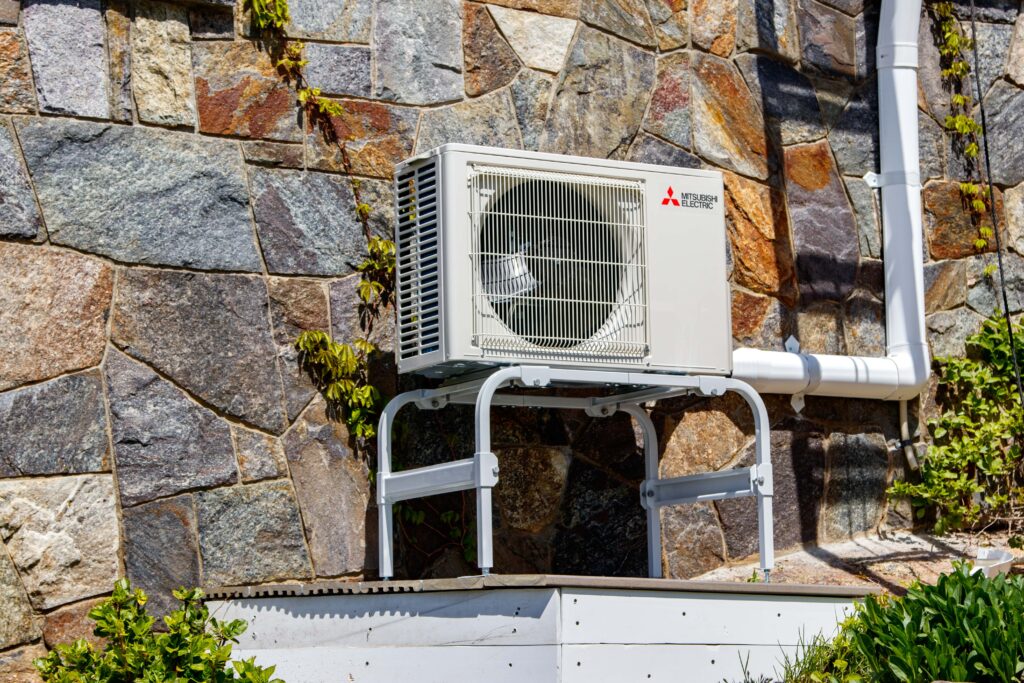 The heat pump repair process typically involves inspection and diagnosis, repairing or replacing components, and post-repair testing to ensure proper operation.
The heat pump repair process typically involves inspection and diagnosis, repairing or replacing components, and post-repair testing to ensure proper operation.
An HVAC professional will assess the heat pump and its components to detect potential problems, diagnose the issue, and determine the most effective solution. Repairing or replacing components may involve replacing worn or damaged parts, such as the compressor, fan motor, or evaporator coil, and adjusting settings or calibrating the system for optimal performance.
Finally, post-repair testing is conducted to confirm that the heat pump is operating correctly and that all components are functioning optimally.
Inspection and Diagnosis
During the inspection and diagnosis process, HVAC professionals examine various components, such as filters, coils, and fins, test refrigerant levels, assess electrical components, verify thermostats and controls, and test the heat pump in both heating and cooling modes.
A comprehensive inspection and diagnosis of your heat pump allow the technician to precisely pinpoint and rectify any potential issues, guaranteeing smooth and efficient operation of your system.
Repairing or Replacing Components
Restoration of your heat pump’s performance and efficiency hinges on the repair or replacement of faulty components. This process entails inspecting the heat pump, diagnosing the issue, and then repairing or replacing the faulty components.
Engaging an HVAC professional is advisable when the repair necessitates specialized tools or parts, or when you’re unsure about completing the repair yourself.
Post-Repair Testing
Post-repair testing ensures that your heat pump is operating correctly and efficiently after repairs. This testing may involve verifying the temperature, airflow, and other system parameters.
Post-repair testing enables technicians to identify any potential issues missed during the repair and prevent future malfunctions, thereby ensuring the continued peak efficiency of your heat pump.
Preventative Maintenance for Heat Pumps
Preventative heat pump maintenance is key for heat pumps to perform optimally, reduce heating and cooling costs, and enhance system longevity.
This section will cover the significance of cleaning and inspecting coils and filters, lubrication of moving parts, and the necessity for regular HVAC servicing.
Cleaning and Inspecting Coils and Filters
Regularly cleaning and inspecting coils and filters can improve your heat pump’s efficiency and prevent costly repairs. Inspecting for dirt and dust on the unit cover, cleaning air filters, and assessing the state of the unit within the cabinet are essential maintenance tasks.
Cleaning the outdoor heat pump coils with a garden hose can also help remove any dirt or debris that has built up on the coils.
Lubricating Moving Parts
Lubricating moving parts in your heat pump can reduce wear and tear and extend the system’s lifespan. Applying oil or grease to the components using methods like oil splash lubrication or grease lubrication can minimize friction and wear and tear.
It’s recommended to lubricate moving parts regularly, such as annually or every few months, depending on your heat pump type and the environment it operates in.
Scheduling Regular HVAC Servicing
Scheduling regular HVAC servicing can help identify potential issues early and ensure your heat pump operates efficiently. Arrange a preventative maintenance checkup with a local dealer at least once annually, preferably in the spring and fall.
Regular servicing can help recognize potential problems in advance and guarantees your heat pump functions optimally, saving you money on monthly utility bills.
Choosing the Right Heat Pump Repair Service
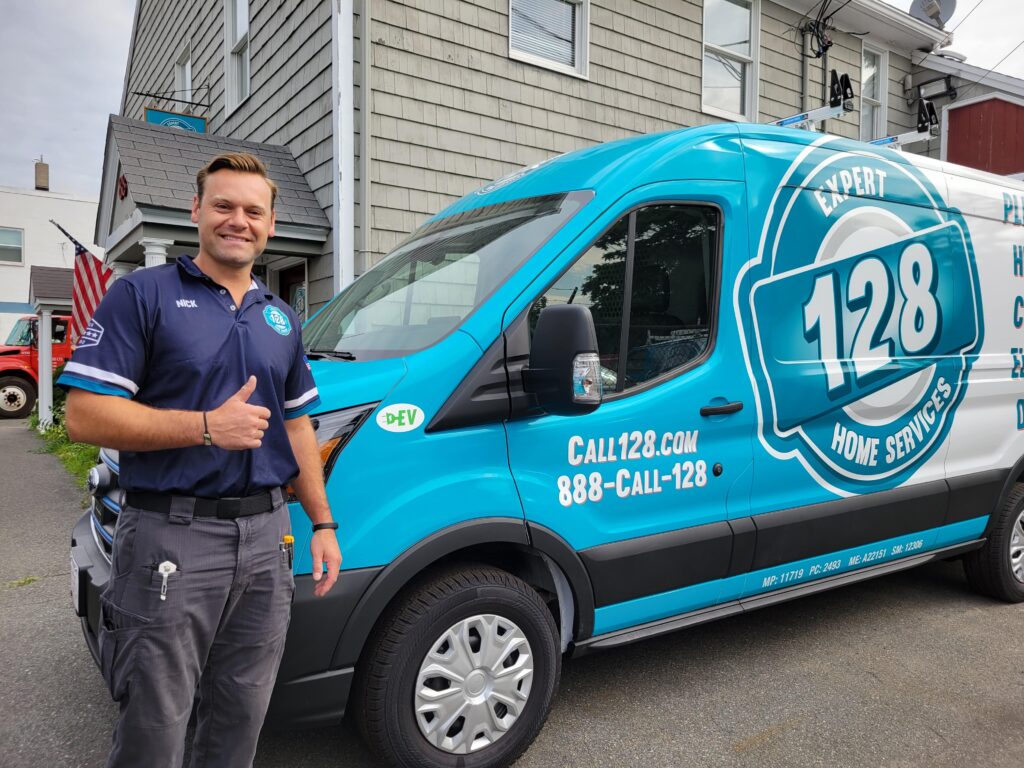 Choosing an appropriate heat pump repair service is fundamental for the maintenance and repair of your heat pump system. Here are some factors to consider when selecting a heat pump repair service, including:
Choosing an appropriate heat pump repair service is fundamental for the maintenance and repair of your heat pump system. Here are some factors to consider when selecting a heat pump repair service, including:
- Certification
- Experience
- Reviews
- Pricing
At 128 Plumbing, Heating, Cooling, and Electric, we pride ourselves on being the top choice for heat pump services. Our team of certified technicians is not just skilled in the latest heat pump technologies, but we are also dedicated to tailoring solutions to fit each customer’s unique needs. We focus on ensuring that your heat pump system operates at its most efficient, which helps in reducing energy costs and enhancing your indoor comfort. Our responsive customer service, comprehensive warranty, and thorough maintenance programs set us apart. Whether you need installation, repair, or regular maintenance, our commitment to excellence and customer satisfaction makes us your reliable partner in maintaining a comfortable and energy-efficient home.
When to Replace Your Heat Pump
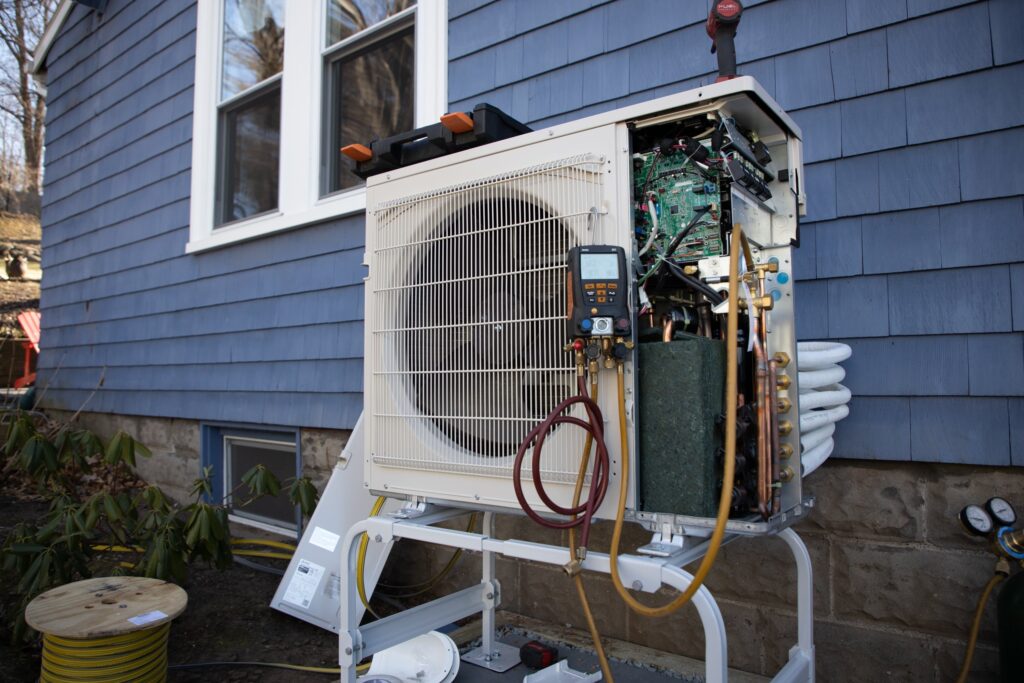 Recognizing the right time to replace your heat pump is imperative and hinges on several factors like the system’s age, recurrent breakdowns, dwindling performance, and understanding your heat pump’s life expectancy.
Recognizing the right time to replace your heat pump is imperative and hinges on several factors like the system’s age, recurrent breakdowns, dwindling performance, and understanding your heat pump’s life expectancy.
Age of the System
The age of your heat pump system can be a determining factor in deciding whether to repair or replace it. To ascertain the age of your heat pump, refer to the serial number on the outside unit, which typically contains two digits indicating the year of manufacture. Older systems may be more prone to breakdowns and may not be as energy-efficient as newer models.
Frequent Breakdowns
Frequent breakdowns and costly repairs may indicate that it’s time to replace your heat pump. Common heat pump malfunctions include compressor failure, refrigerant leaks, and electrical issues.
If your heat pump is consistently experiencing issues and requiring repairs, it may be more cost-effective to replace the system entirely.
Decreased Performance and Energy Efficiency
A decrease in performance and energy efficiency may signal the need for a heat pump replacement. Factors that can contribute to decreased efficiency include:
- Clogged or dirty air filters
- Refrigerant leakage
- Improper installation
- Aging or worn components
If you’re experiencing decreased performance and increased energy costs, it might be time to consider replacing your heat pump.
128 Plumbing, Heating, Cooling & Electric for your Heat Pump Repair Needs
Maintaining and repairing your heat pump is essential for ensuring your home’s comfort and energy efficiency. From recognizing heat pump problems, understanding the repair process, and scheduling preventative maintenance and choosing a trusted service like 128, we’ve covered everything you need to know about heat pump repair. By keeping your heat pump in peak condition, you can enjoy a comfortable home environment while saving money on energy bills and costly repairs.
To learn more about heat pump repairs and replacements, contact 128 today and schedule your appointment today!
Frequently Asked Questions
Is it worth it to repair heat pump?
For a heat pump older than 10 years, replacing it might be the better option due to internal components wearing down over time. If repairs cost more than half of the total price for new installation, it’s also wise to replace the unit. Moreover, repairing a heat pump that is over 12 years old isn’t recommended, and if it’s 15 years old or older, it’s best to purchase a new one.
What is the most common problem with heat pumps?
The most common issue with heat pumps is a leaking refrigerant or a dirty air filter that needs professional cleaning. If these solutions don’t resolve the problem, it’s best to call in a heating repair service like 128 Plumbing, Heating, Cooling & Electric to diagnose the underlying cause.
Can a heat pump be repaired?
Yes, a heat pump can be repaired. Maintenance service for the heat pump may also be required to keep it running efficiently.
How long do heat pumps usually last?
Heat pumps typically last an average of 10-15 years, with some newer models capable of lasting even longer. Maintenance is a key factor in keeping your heat pump working at peak efficiency for as long as possible.
What signs indicate potential heat pump issues?
Unusual noises, smells, high energy bills and uneven temperatures in the home are all signs that a heat pump issue may be present.
